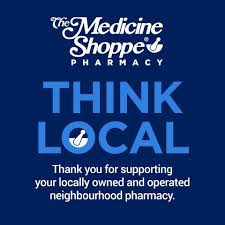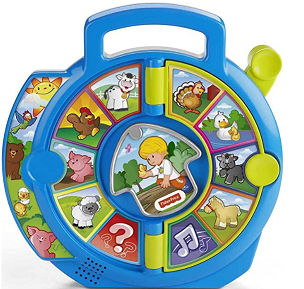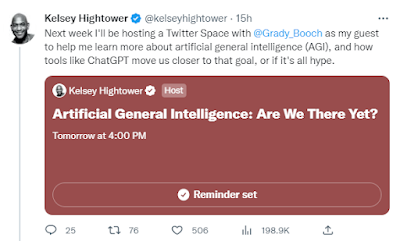Navigating Values
One of the strengths of community over individualism is the varied nature in which individual values come into contact with each other.
Let us suppose for example, that you were to 'rate' your values on a list, with the most important value on top and the lesser important ..well near the bottom.
Let us further imagine that at the top of that list is the value of "respecting other people's property", and another value slightly down on the list is to 'be empathetic with others and always willing to lend a helping hand'
So your out for an emergency grocery run one day, and you notice a car next to yours seems to have left his/her trunk open, no one is around...You find yourself in a bit of a dilemma What do you do?
If you hold great respect for respecting other people's property, and you feel that closing that trunk would be disrespectful (it's not your car, you have no authority to touch it), you might not even think of closing the car, and continue to get your groceries, or you might negotiate with yourself, note the license plate, go into the grocery store and have it announced, this way you don't disrespect the property and still lend that helping hand.
But what if you are a person who prioritizes lending a helping hand over respecting other people's property, suppose you choose to close that trunk door, and not give it a second thought, go about your day getting groceries. This action perhaps carries more risk?
If you don't close the trunk, the person who left the trunk open still remains response for his/her action, if something valuable is lost or stolen from that trunk. Does your 'non-closing' of it bear you any moral responsibility?
If you do close the trunk, and the person who owns the car is offended by it. Were you "in the wrong" for closing it.
Sometimes we tend to see things as 'black and white' (myself included). That their is just "one" correct "right" solution
But life is not that easy, we come together with a myriad of different beliefs, and values. People disagree on things as simple as which way the toilet paper should be put in the holder, let alone the moral obligation to close a car trunk.
I suggest a different perspective, when working together it is not so important how we order our own personal values, but to learn, be curious, even fascinated by the values of others and how they prioritize them. And when we learn how another values 'x' over 'y'. Let's work with them, and consider their values when making a decision. This can be uncomfortable, because it might mean doing something DIFFERENT than our values prioritize. It might mean following our own values, learning that it did not match with the OTHER person, and then apologizing, not because our action was "right" or "wrong" but because we just learned something about another person we did not know before, and now we can use it for future growth.
Let us suppose for example, that you were to 'rate' your values on a list, with the most important value on top and the lesser important ..well near the bottom.
Let us further imagine that at the top of that list is the value of "respecting other people's property", and another value slightly down on the list is to 'be empathetic with others and always willing to lend a helping hand'
So your out for an emergency grocery run one day, and you notice a car next to yours seems to have left his/her trunk open, no one is around...You find yourself in a bit of a dilemma What do you do?
If you hold great respect for respecting other people's property, and you feel that closing that trunk would be disrespectful (it's not your car, you have no authority to touch it), you might not even think of closing the car, and continue to get your groceries, or you might negotiate with yourself, note the license plate, go into the grocery store and have it announced, this way you don't disrespect the property and still lend that helping hand.
But what if you are a person who prioritizes lending a helping hand over respecting other people's property, suppose you choose to close that trunk door, and not give it a second thought, go about your day getting groceries. This action perhaps carries more risk?
If you don't close the trunk, the person who left the trunk open still remains response for his/her action, if something valuable is lost or stolen from that trunk. Does your 'non-closing' of it bear you any moral responsibility?
If you do close the trunk, and the person who owns the car is offended by it. Were you "in the wrong" for closing it.
Sometimes we tend to see things as 'black and white' (myself included). That their is just "one" correct "right" solution
But life is not that easy, we come together with a myriad of different beliefs, and values. People disagree on things as simple as which way the toilet paper should be put in the holder, let alone the moral obligation to close a car trunk.
I suggest a different perspective, when working together it is not so important how we order our own personal values, but to learn, be curious, even fascinated by the values of others and how they prioritize them. And when we learn how another values 'x' over 'y'. Let's work with them, and consider their values when making a decision. This can be uncomfortable, because it might mean doing something DIFFERENT than our values prioritize. It might mean following our own values, learning that it did not match with the OTHER person, and then apologizing, not because our action was "right" or "wrong" but because we just learned something about another person we did not know before, and now we can use it for future growth.








Comments
Post a Comment